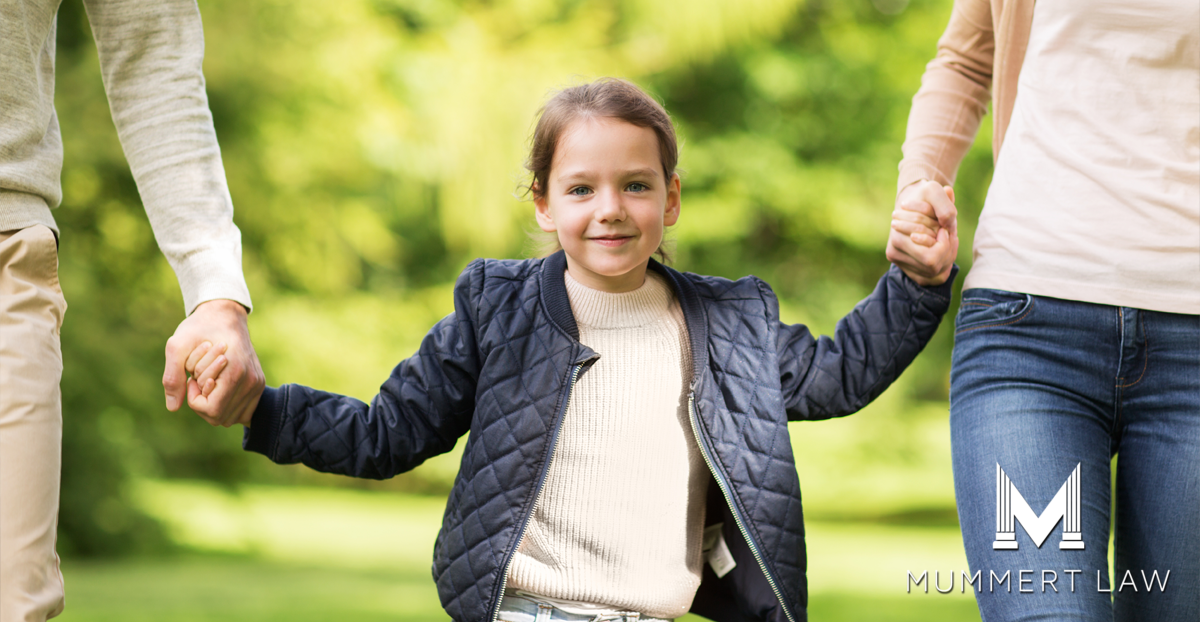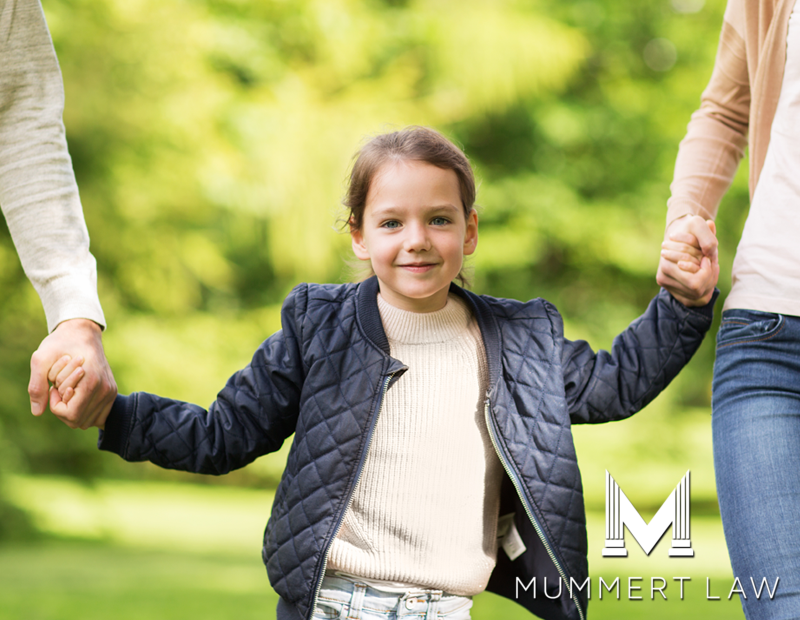Consensual Adoption


Consensual adoption usually represents a happy day and the best of circumstances. When a stepparent who has been raising a child gets to adopt that child and become their parent, officially and legally, the whole family has cause for celebration.
Steps to Consensual Adoption
First, the prospective parent files a Petition for Adoption. What happens next depends on consent. Consent means the biological parent has agreed to give up their parental rights and allow the proposed adoption to go forward. If there is no consent attached to the petition, the court issues a Show Cause Order. It is sent to the parent who is being asked to grant consent.
After being served, the parent who has been issued the Show Cause Order has thirty days to respond to that order. This is one of those situations in law where time is of the essence, and there is no wiggle room for procrastinators. In the absence of a response within 30 days, it is considered to mean consent is given. If you are planning to withhold consent, it is vital to reply and to make sure your reply reaches the court within the thirty-day window.
Open vs. Closed Adoption
In a closed adoption, the biological parent no longer has parental rights. They may have been given up voluntarily or taken from them as a result of a “fitness” test. They do not have visitation rights nor the right to have any say in the rearing of the child.
In an open adoption, the biological parent may be granted limited access to the child going forward, as agreed by the two parties. Both parties will agree on when and under what conditions the parent has access to information about the child as he or she grows up, may visit the child, or have the ability to contact them.
The Role of Mediation in Consensual Adoption
You may be wondering why you need an attorney or mediator if everything is agreed upon. The truth is, when it comes to matters of family law, such as adoption, it’s essential to have a legal and binding agreement. It’s also important to have a professional who is aware of all the issues involved in an adoption, whether it’s an open or closed adoption.
Put simply, people tend to change their minds over time. What they agree to today, they may challenge in the future. Having legal rights in this situation will prevent confusion in the future.
Things are different today than they were in the past. Through genetic family tracing, people are finding out as adults that the people he/she through were their parents are not actually their parents. Furthermore, parents who gave up all rights to children when they are young are having a person show up in their inbox or on their doorstep, asking if they are their biological parents.
A mediator has the experience to know all the issues which can help create a durable plan for what happens in the future. A mediator can help both the adoptive parents to begin addressing these issues now, including suggestions of when the child may need counseling to address the age-old question of “Who am I?”
Why I’m Your Best Choice for a Mediator in Your Adoption Case
I’m a trained mediator, an attorney for children, and an attorney for parents. I’ve seen too many adversarial scenarios and the effect it has on the kids. Adoption through mediation is peaceful and best for everyone, from the individual to the whole family. Rely on my experience and care to guide you through the process with a minimum of drama and the best possible outcome.

